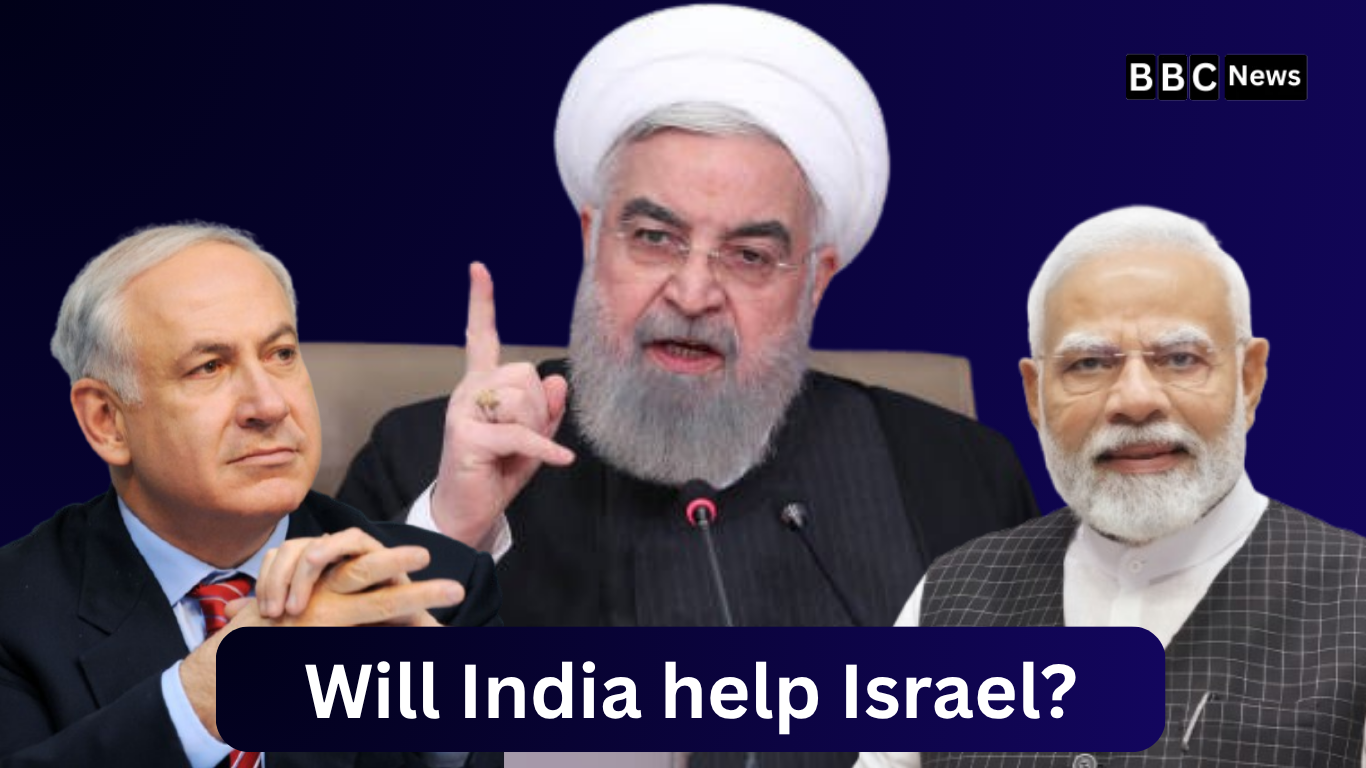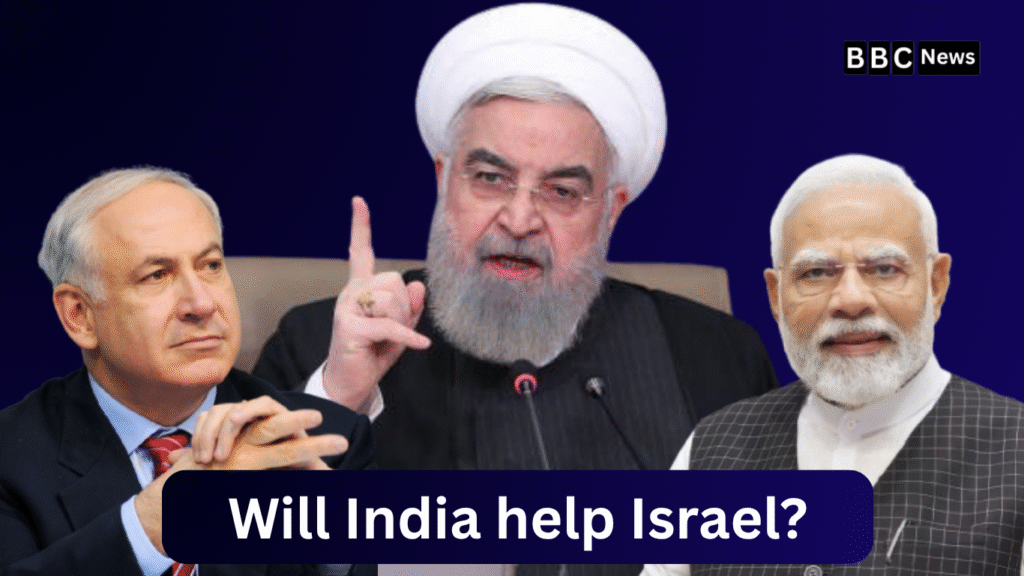In a rapidly escalating conflict in the Middle East, Israel is facing a severe air defense crisis as Iran launches a barrage of coordinated missile strikes across multiple regions. With its Iron Dome systems pushed to their limits and the threat of further escalation looming, questions have begun circulating across diplomatic and defense circles: Will India step in and return the favor from the Kargil War days?
This article explores the current Israel-Iran tensions, analyzes India’s past defense cooperation with Israel, and considers whether a reciprocal gesture may be in the cards as regional alliances are tested.

Iran’s Missile Strikes on Israel: A Strategic Escalation
The missile attack from Iran, launched under the pretext of retaliation for alleged Israeli strikes on Iranian interests in Syria, represents one of the most direct confrontations between the two states in recent years. Hundreds of missiles and drones were launched toward Tel Aviv, Haifa, and strategic military sites in southern and northern Israel.
While the Iron Dome and David’s Sling systems successfully intercepted a significant number of incoming threats, Israel’s air defense infrastructure has been overwhelmed due to the sheer scale and frequency of the attacks.
Military analysts have warned that Iran’s use of swarm tactics—deploying drones and cruise missiles simultaneously—is testing Israel’s defense readiness in unprecedented ways.
Israel’s Multilayered Air Defense System
Israel relies on a layered missile defense network, including:
-
Iron Dome
-
David’s Sling
-
Arrow Systems
-
Patriot & THAAD batteries (supplied by the U.S.)
However, the financial burden of continuous missile interception is massive. According to Israeli publication The Marker, nightly defense operations can cost as much as 1 billion shekels ($285 million). For instance, each Arrow interceptor costs around $3 million, making sustained operations economically unsustainable without urgent support.
Only 10 to 12 Days of Air Defense Supplies Left
A source familiar with U.S. and Israeli intelligence revealed to the Wall Street Journal that Israel’s missile defense reserves may only last for another 10 to 12 days without immediate aid or resupply from allies, particularly the United States. As the strain intensifies, Israel may soon be forced to prioritize which incoming missiles to intercept—a situation that could jeopardize civilian safety and critical infrastructure.
Will India Now Return the Favor?
With Israel now facing its own existential threat, the question arises: Will India step in to support Israel militarily, logistically, or diplomatically—just as Israel did during Kargil?
There are multiple ways India could respond:
1. Defense Support (Technology and Ammunition)
India could expedite the shipment of:
-
Interceptor missile components
-
Advanced surveillance drones
-
Night-vision and radar systems
2. Intelligence Sharing
Given India’s strong satellite and electronic surveillance capabilities, New Delhi could assist Israel with real-time data on Iranian missile deployments and proxy movements.
3. Diplomatic Backing
India could take a more vocal stance in international forums like the UN and G20, condemning Iran’s missile aggression and reinforcing Israel’s right to self-defense.
4. Joint Military Logistics
In a more proactive scenario, Indian military cargo planes could assist in transporting defense essentials, showcasing symbolic and strategic solidarity.
India’s Neutral Stance on Global Conflicts
India has consistently maintained a policy of neutrality in international conflicts, especially those involving friendly nations. Following the latest Israel-Iran conflict, the Indian Ministry of External Affairs reiterated that both countries are valued partners, and India seeks peaceful resolutions through diplomacy.
Given the geopolitical sensitivities in the Middle East—particularly with India’s strong economic ties to Iran and Gulf nations—any support for Israel could risk straining bilateral relations. Therefore, direct involvement seems unlikely, despite public sentiment and historical gratitude.
Conclusion: A Historic Opportunity for Strategic Reciprocity
As Israel faces an air defense crisis amid Iran missile strikes, the world watches closely. For India, this is more than a foreign conflict—it’s an opportunity to honor an unspoken debt, reinforce its global strategic identity, and play a stabilizing role in a volatile region.
While the path is complex, the Kargil connection makes this more than a geopolitical decision. It’s a question of diplomatic memory, moral clarity, and long-term strategic foresight.
Will India step up? Only time—and policy—will tell.



Pingback: Need to Be Cautious": What Canadian PM Mark Carney Said on
Pingback: First Reviews for 28 Years Later Praise Its Unconventional